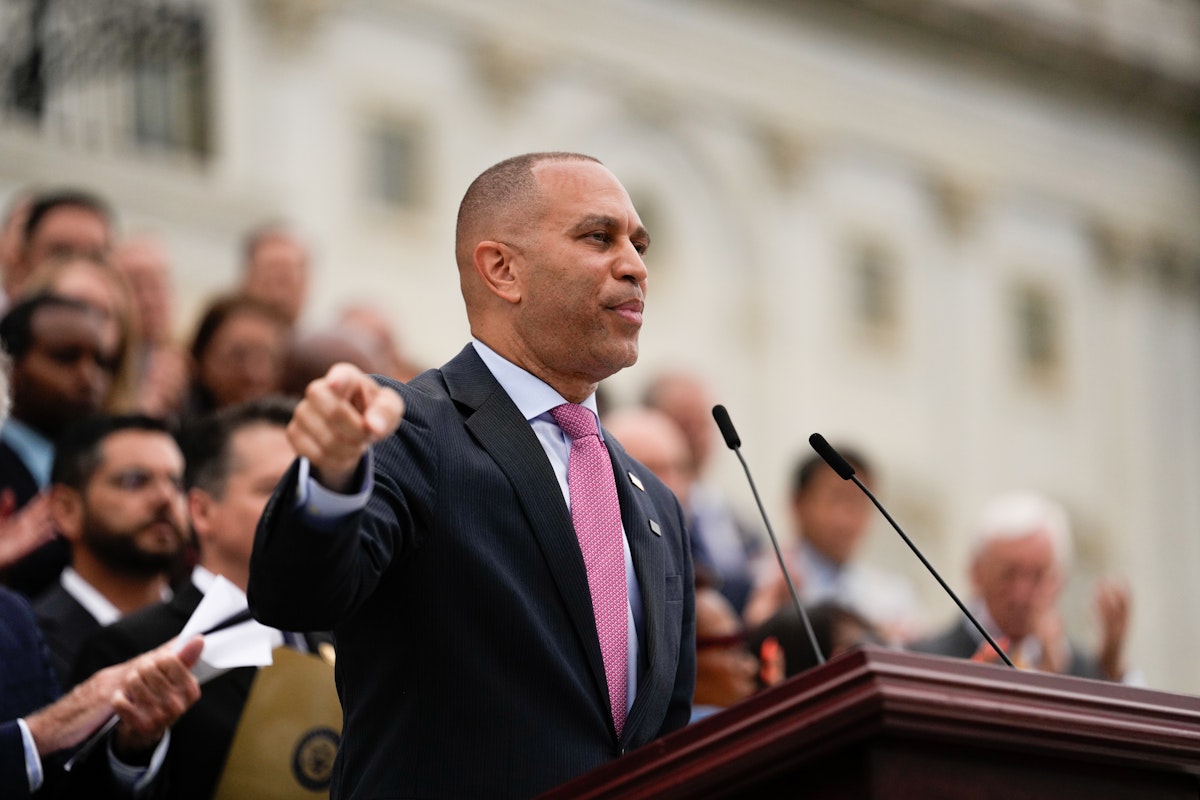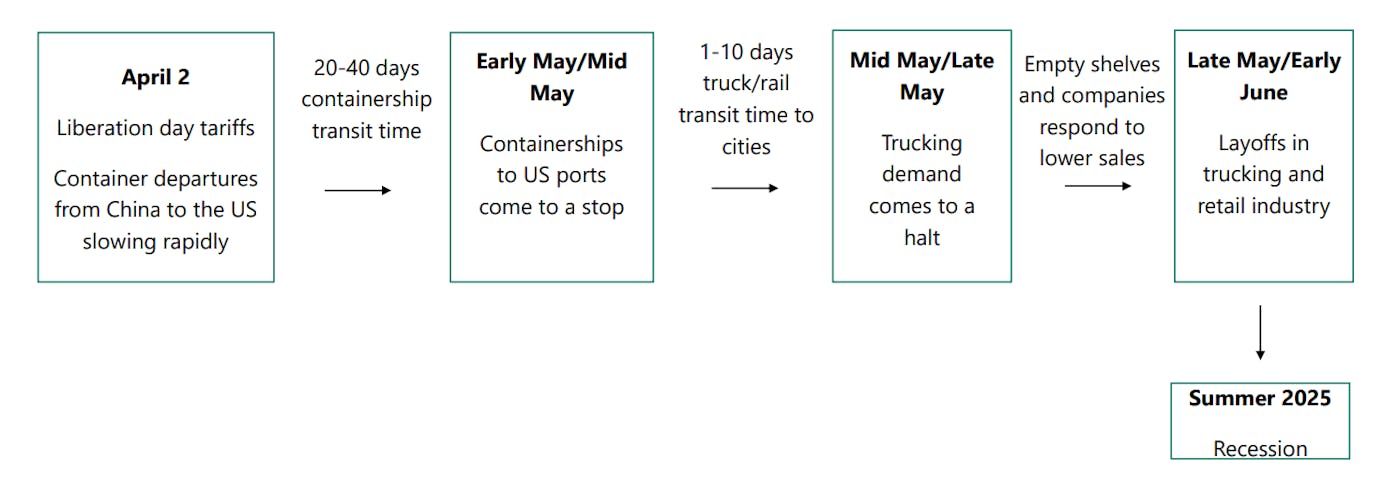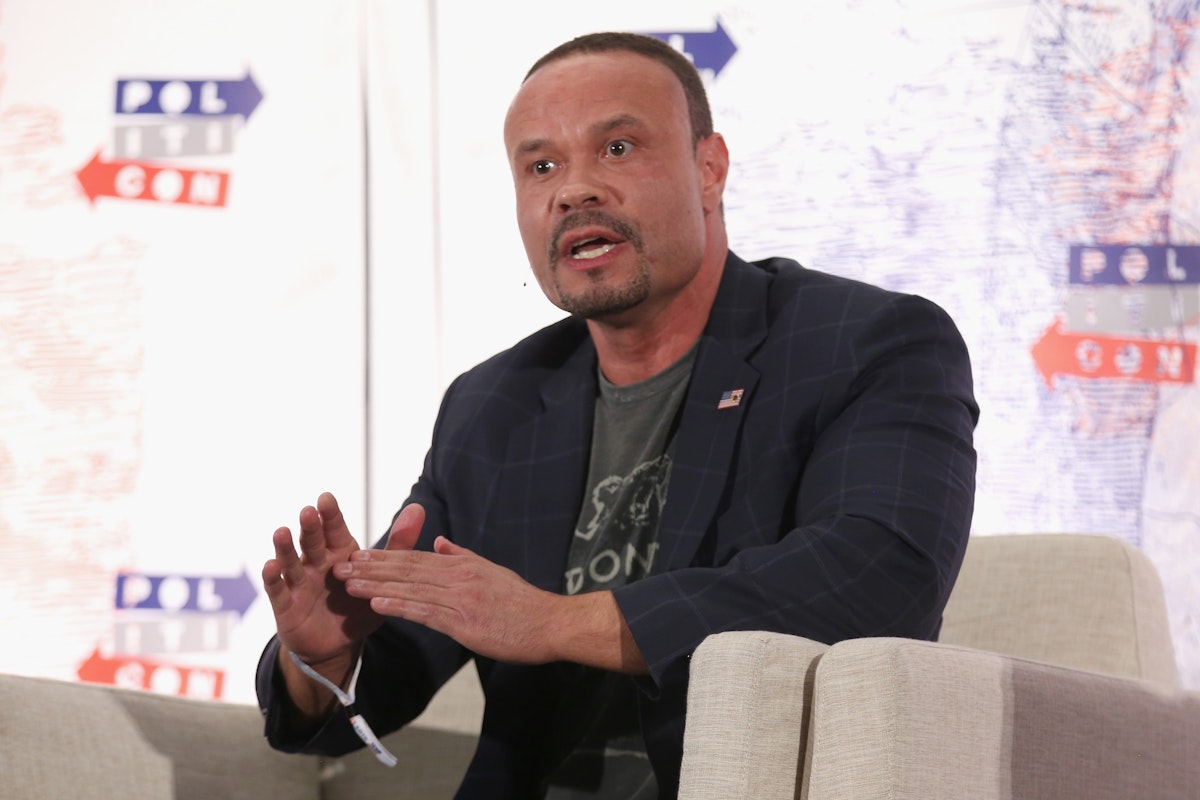Nick Adams had a story to tell.
On Oct. 12, 2023, the MAGA influencer turned to the site formerly known as Twitter to regale his followers with a 685 word post about a very real date with a woman that he supposedly went on. According to Adams, he ordered his usual and totally believable two-and-a-half plus pounds of meat and, as he settled in to enjoy the massive portion, there was a problem. As he put it, “the girl would not stop talking.” Adams said he had a waiter move his date to another location.
“I am an alpha male, and I would like to enjoy this stunning piece of meat in peace,” he said.
The tale did not end there. According to Adams, upon leaving, he encountered “a gorgeous young Israeli woman” at the restaurant’s bar. Adams claimed this woman was in awe of how he “put that girl in her place.” He said the evening ended with the two of them heading to his home as he promised his Israeli paramour that he would “show you my photos with President Trump.”
This over the top, trolly, and implausible tale of toxic masculinity and MAGA posturing is exemplary of the content that helped Adams amass over 620,000 followers on X. It has also helped him earn the attention of Trump himself and, earlier this week, the president tapped Adams to be his ambassador to Malaysia.
Adams, who did not respond to a request for comment, will need to be confirmed by the Senate, but the prospect of his appointment has apparently raised some alarms. On Thursday, the South China Morning Post reported that the pick had “sparked unease among diplomats” in Southeast Asia. The paper quoted one diplomat in Malaysia who suggested it showed Trump was more concerned about rewarding “political loyalists” than finding a proper fit to represent the U.S. in a country that tends toward restrained, subtle diplomacy.
And Adams, who was born in Australia and had a controversial career in that country’s Liberal Party before moving to the US and undergoing a MAGA makeover, is anything but subtle.
Coverage of his nomination has largely focused on his openly misogynistic content and internet boasts about having “the body of a Greek God” and hanging out at “Hooters.” Adams has also posted extensive racial commentary online. He’s argued many, many, many times that “straight white alpha males” are the most oppressed and persecuted group in America today. While he has accused the left of being “obsessed with race,” Adams has used his own platform to muse about making an unbeatable “all white NBA team” and to bizarrely, repeatedly assert white people no longer appear in television commercials. His rhetoric on race has also included the use of the racist term “Chinese virus” to refer to the COVID pandemic, an insult which feels particularly notable given people of Chinese descent are the second largest ethnic group in Malaysia and comprise over 20 percent of the country’s population.
Adams’ outspoken trolling has led to some right-wing influencer on right-wing influencer violence. Last year, he took a shot at the far right poster Ian Miles Cheong after seemingly disagreeing with a take.
“Don’t you live in Malaysia?” Adams asked.
Perhaps, if Adams is confirmed, the two can settle their differences by meeting up for a comically large piece of meat in Kuala Lumpur.
— Hunter Walker
Guy Trump Appointed to OLC is Fetal Personhood Advocate
President Trump has apparently appointed a Colorado lawyer named Joshua Craddock to serve as his deputy assistant attorney general in the Office of Legal Counsel at DOJ, according to a Twitter post by Craddock announcing the appointment earlier this month.
As my colleague Josh Kovensky pointed out to me earlier today, Craddock has made the case for reading fetal personhood ideology into the Fourteenth Amendment; versions of fetal personhood contend that life begins at, or even before, conception. It has bolstered much of the Christian right’s most extreme anti-abortion activism over the years. In a May 2025 Catholic University Law Review article on the 2022 Dobbs ruling that overturned Roe v. Wade, Craddock unpacked his beliefs about the “unsettled questions” that supposedly “remain about the constitutional status of unborn children” in Roe’s wake. An excerpt from the abstract:
With good reason, Dobbs v. Jackson Women’s Health Organization did not address whether unborn children are persons within the original meaning of the Due Process and Equal Protection Clauses. The historical evidence, however, is now well-established that when the Fourteenth Amendment was ratified in 1868, the word “person” had a settled public meaning that included every human being—children in the womb among them. And if unborn human beings were included within the original public meaning of “person” in 1868, then the Fourteenth Amendment’s guarantees of due process and equal protection to “any person” must extend to unborn human beings.
The question of prenatal personhood, then, is likely unavoidable after Dobbs.
Craddock and a co-author made similar points in a 2024 article for National Review.
There is substantial reason to believe that Trump does not subscribe to this same set of beliefs; he may not even know what fetal personhood ideology is, as evidenced by his “father of IVF” episode last spring and summer.
After the Alabama Supreme Court handed down a decision declaring embryos “babies,” effectively putting IVF treatment in the state in the crosshairs, a swarm of Republicans came out ardently in support of the procedure, primarily due to its popularity as a fertility and family planning treatment among Americans across the political spectrum. Trump was one of those Republicans who decided to take this moment to become incredibly vocal about his support for the procedure, even though members of his party (like House Speaker Mike Johnson (R-LA)) have repeatedly pushed for the “Life at Conception Act,” which would codify fetal person ideology into federal law.
Senate Democrats, on the other hand, have tried multiple times since the Dobbs ruling to pass federal protections for IVF only to be repeatedly blocked from bringing the legislation to the floor for a vote by the very Republicans who claim to be the treatment’s biggest fans.
I unpacked the whole episode pretty thoroughly here: On IVF, Schumer Dares Senate GOP To Put Their Money Where Trump’s Mouth Is
— Nicole Lafond
Annals of Futility
As we’ve reported here, the Trump administration orchestrated the Alien Enemies Act removals to CECOT so that judges could not see what was going on. Per new records released by the Senate Judiciary Committee, that effort to obscure the plan from the courts also extended to longtime DOJ staffers who recognized in real-time what was going on.
Erez Reuveni, the former DOJ official-turned-whistleblower, provided texts, emails, and other documents to the committee showing how he struggled and failed to receive assurances that the government would abide by court orders barring the use of the Alien Enemies Act. It’s thanks to Reuveni that we’ve heard — now with some more corroboration — that Emil Bove, Trump’s nominee to become a federal appellate judge for the Third Circuit, suggested that the admin would have to tell the courts “fuck you” if they intervened in the AEA removals. The texts buttress that account: just as a D.C. federal judge began to issue a verbal order demanding that the government reverse the planes, Reuveni texted a colleague, “guess it’s find out time on the ‘fuck you.’”
“Yup. It was good working with you,” replied another senior DOJ immigration attorney, August Flentje. Both were later placed on leave; Reuveni was eventually dismissed.
— Josh Kovensky
In Case You Missed It
Senate GOP May Water Down White House’s Attempt to Formalize DOGE Rampage
[INSERT BANNER HEADLINE ON TRUMP RETRIBUTION HERE]
There’s Always Going to be a Conspiracy Theory
Yesterday’s Most Read Story
JD Vance: Some Americans Are More American than Others
What We Are Reading
Want Medicaid coverage? Go pick some vegetables.
Texas Attorney General Ken Paxton and wife announce divorce on ‘biblical grounds’













